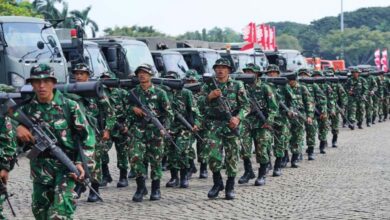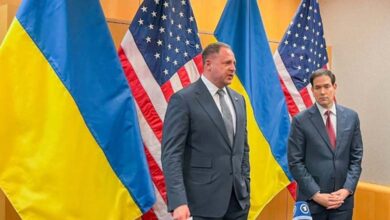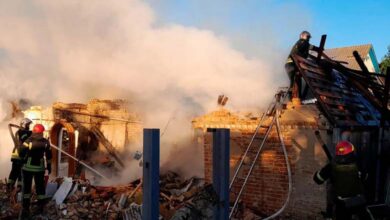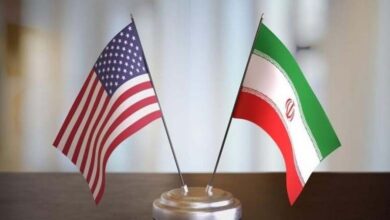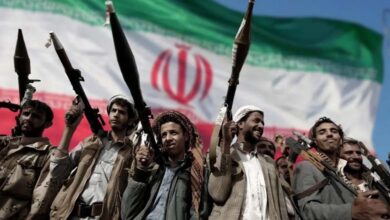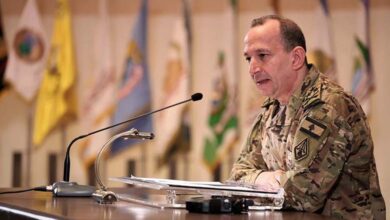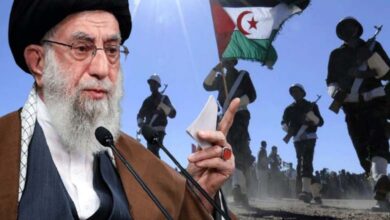Morocco Responds Legally to Algerian Allegations Regarding Confiscation of Real Estate for Public Benefit
A Moroccan source confirms that Rabat managed the project with full transparency and in constant communication with Algerian authorities, who responded to the Moroccan request, but the process is frozen because the Kingdom does not act according to an escalation logic
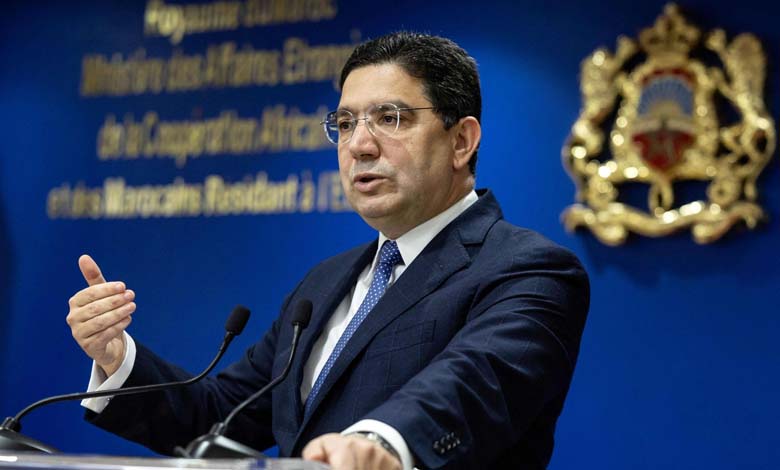
A Moroccan diplomat said today, Monday, that Algerian accusations against Rabat of “stealing” properties belonging to it in Morocco have no basis, affirming that they fall within an unjustified escalation, in the latest episode of hostile behaviors practiced by Algeria, especially since the issue is regulated by a specific law and could have been settled through diplomatic channels without requiring all this escalation.
This Moroccan denial comes after the Algerian Ministry of Foreign Affairs condemned what it termed “provocations” and “a complete looting operation” of properties belonging to its embassy in Rabat, following reports on the subject in Algerian media.
The Algerian Ministry of Foreign Affairs said it “will respond to these provocations by all means it deems appropriate, and will resort to all legal means available, especially within the framework of the United Nations, to ensure respect for its interests.”
A decision published in the official journal of legal, judicial, and administrative announcements states that a “draft decree declaring public utility expands administrative buildings for the benefit of the Ministry of Foreign Affairs and African Cooperation and Moroccans residing abroad, located in the commune of Rabat, and the expropriation of properties necessary for this purpose, which are six properties, three of which belong to Algeria.”
The Moroccan source clarified that the Moroccan Ministry of Foreign Affairs submitted a request to Algerian authorities in 2022 to purchase a building adjacent to its headquarters, on the basis that it had remained vacant since the Algerian embassy’s change of headquarters in Rabat, as part of a project to expand the ministry’s offices.
He added that “Morocco conducted this project with full transparency and in constant communication with Algerian authorities,” noting that they responded to the Moroccan request but that the process is “currently frozen because the Kingdom does not act according to an escalation logic.”
He confirmed that it is not related to the Algerian embassy’s headquarters or the ambassador’s residence, pointing out that the Moroccan Ministry of Foreign Affairs has taken similar measures with other foreign diplomatic representations to expand its headquarters.
Relations between the two countries are witnessing a continuous diplomatic crisis due to Algeria’s escalation of the fabricated conflict over the Moroccan Sahara and its support for leaders of the separatist “Polisario” Front and providing political cover for its hostile activities, at a time when international recognitions of the Moroccan Sahara‘s sovereignty are increasing, amidst almost international consensus on the realistic and feasible proposal of autonomy under Moroccan sovereignty as the only practicable solution on the ground.
The Moroccan website “Med 21” reported that Hassan Belouane, professor of international relations at Mohammed V University in Rabat, said that “from the form and content of the Algerian statement, it is clear that the Ministry of Foreign Affairs is waiting for any small or large opportunity to attack the Kingdom,” noting that Algeria’s response “does not meet common diplomatic standards in international relations, and the issue does not require this statement issued by the top of the Algerian diplomatic system.”
He described the Algerian position as “blustering,” especially since “the issue is technical, administrative, and judicial, concerning routine procedures undertaken by the state to expropriate property for public benefit, regulated by a law that applies to individuals and groups, placing it at the heart of Moroccan legal and judicial sovereignty.”
He confirmed that “the Moroccan decision does not contradict the sacredness and protection of missions and foreign representations guaranteed by the Vienna Convention, as Algeria claimed in its unbalanced statement.”
He pointed out that “the matter does not warrant this noise; it is a normal procedure that would have been conducted quietly with any other diplomatic representation respecting diplomatic customs and traditions and good neighborliness.”


